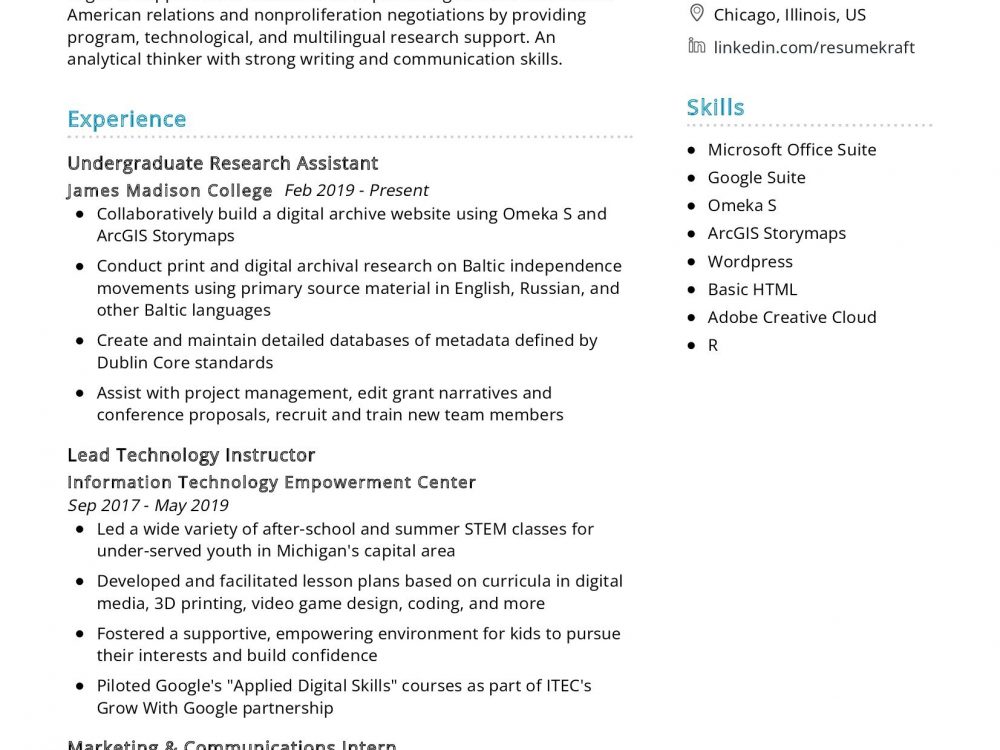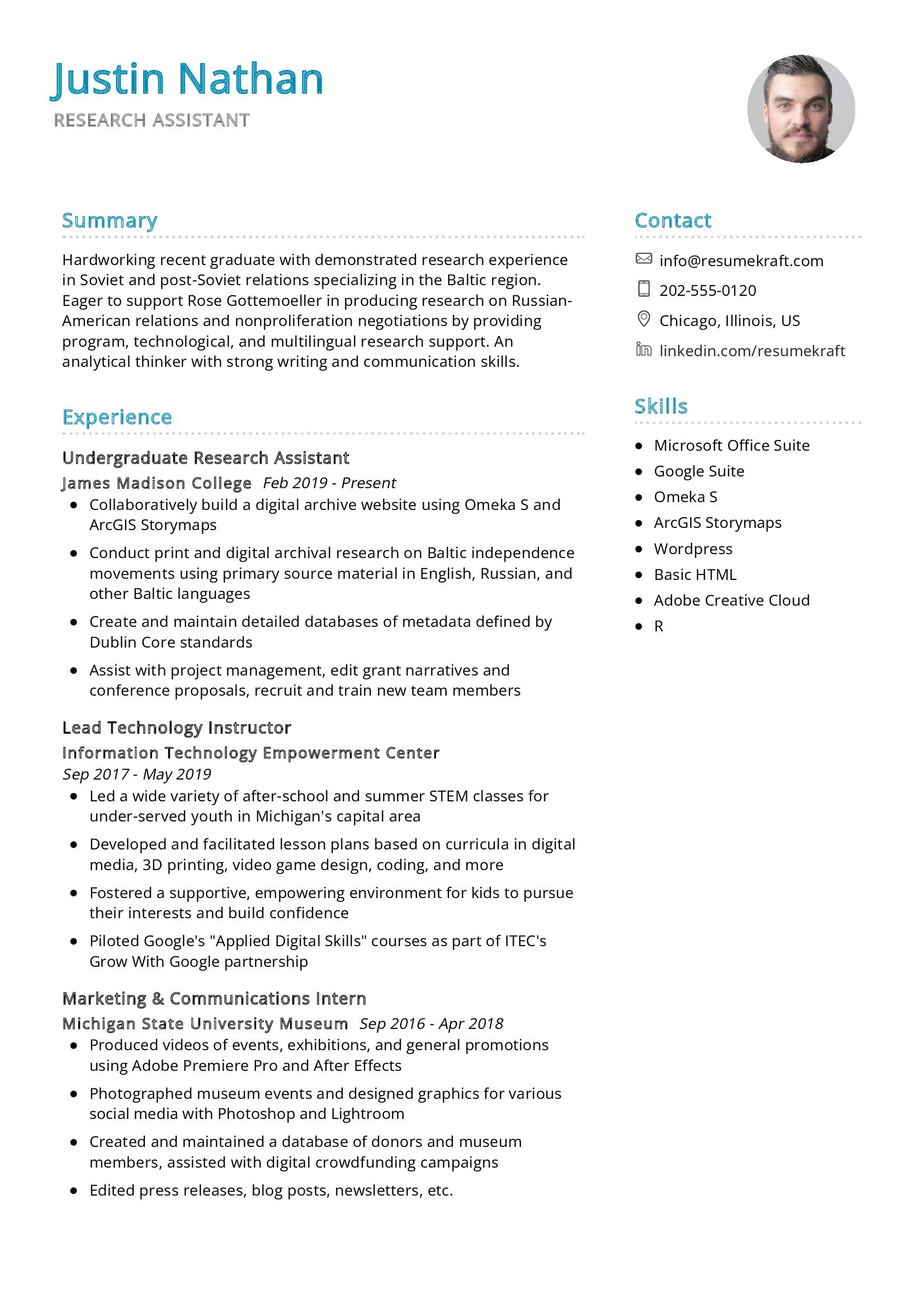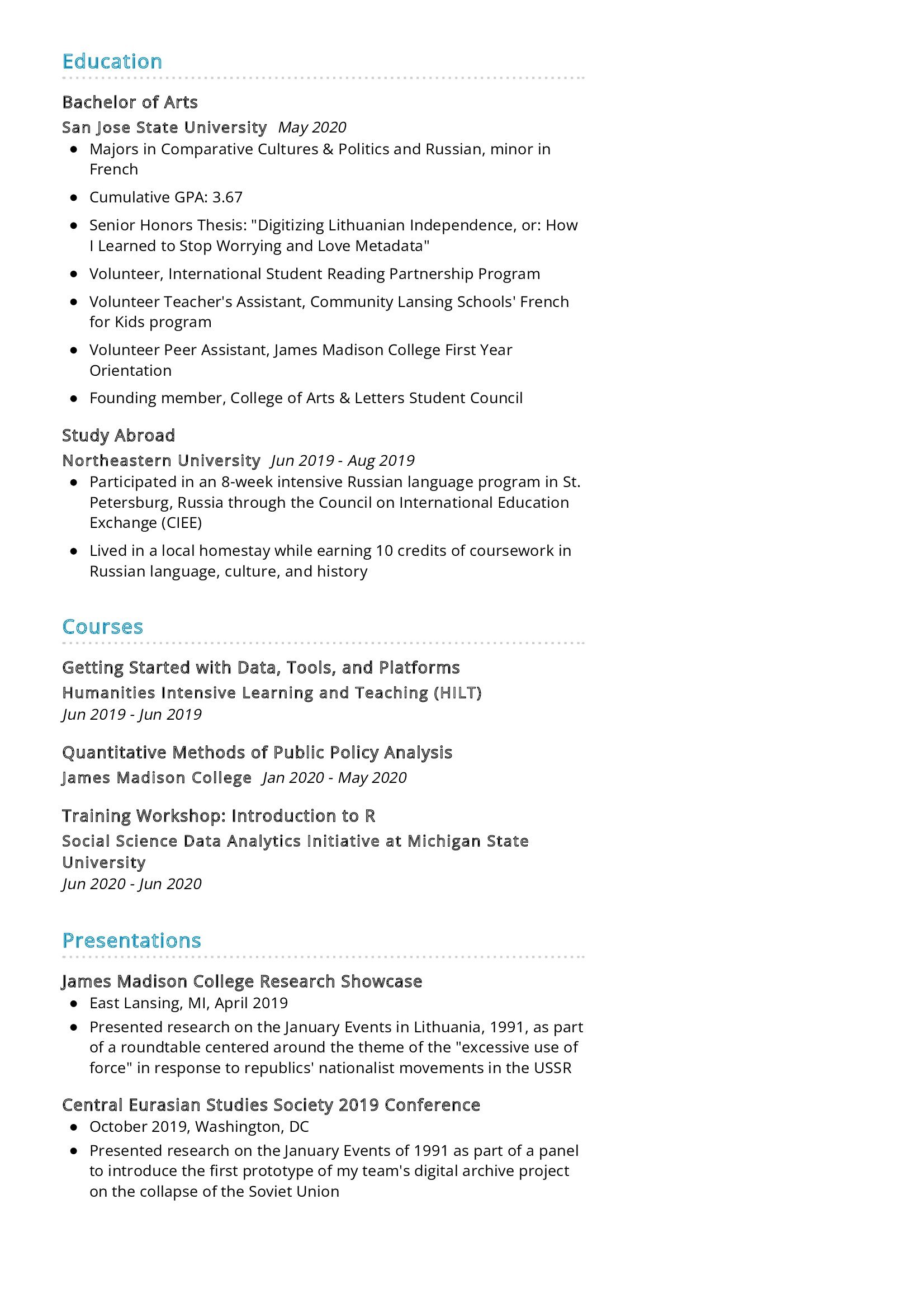Unveiling the Role of a Research Assistant
Research assistants play a pivotal role in the ever-evolving landscape of academia and industry. Their work is a delicate balance of technical acumen and a passion for discovery. Let’s delve into the multifaceted role of a Research Assistant, a position that demands a keen eye for detail, research prowess, and effective collaboration.
What are the Research Assistant Job Requirements?
Becoming a Research Assistant involves meeting specific requirements, a journey marked by continuous learning and hands-on experience. The prerequisites for embracing the role include:
- A Bachelor’s or Master’s degree in a relevant field, showcasing a strong academic foundation.
- Profound knowledge of research methodologies, demonstrating the ability to design and conduct experiments.
- Experience in data collection and analysis, highlighting a trajectory of increasing responsibility.
- Excellent organizational and time-management skills, honed through research projects and academic pursuits.
- Strong communication skills, essential for collaborating with research teams and presenting findings.
- Proficiency in relevant software tools and technologies used in the specific field of research.
- Adaptability and a curious mindset, crucial for navigating the dynamic landscape of research.
Obtaining additional certifications or specialized training in specific research methodologies can enhance your profile in this competitive field.
Responsibilities of a Research Assistant
The role of a Research Assistant is a tapestry of responsibilities, each contributing to the advancement of knowledge and the success of research projects. Let’s unravel the core responsibilities that define this role:
- Conducting literature reviews and staying abreast of the latest developments in the field of study.
- Designing and implementing experiments or research protocols, ensuring accuracy and reliability of data.
- Collecting and analyzing data using various tools and methodologies.
- Collaborating with senior researchers or faculty members on research projects.
- Assisting in the preparation of research papers, reports, and presentations.
- Managing and organizing research materials, ensuring the efficiency of the research process.
- Contributing to the development of research proposals and grant applications.
Each responsibility comes with its unique challenges, providing valuable learning experiences for a budding research professional.
Research Assistant Resume Writing Tips
Crafting a compelling resume as a Research Assistant is crucial for standing out in the competitive field of research. Here are some tips to effectively communicate your research journey:
- Highlight your academic achievements, showcasing any honors, awards, or relevant coursework.
- Detail your research experience, emphasizing specific projects, methodologies used, and outcomes.
- Showcase your technical skills, including proficiency in data analysis tools, statistical software, and other relevant technologies.
- Include any publications, conference presentations, or posters, demonstrating your contribution to the academic community.
- Tailor your resume for the specific research field or industry, customizing it to align with the job description.
Each tip is a brushstroke, helping you paint a portrait that reflects your passion for research and your unique contributions to the field.
Research Assistant Resume Summary Examples
Your resume summary serves as the opening act of your research story, providing a snapshot of your skills and aspirations. Here are some examples to inspire you:
- “Dedicated Research Assistant with a Master’s in Biology, skilled in experimental design and data analysis, passionate about contributing to advancements in molecular research.”
- “Detail-oriented Research Assistant with a proven track record in social science research, adept at both quantitative and qualitative methodologies, committed to rigorous and impactful research.”
- “Experienced Research Assistant specializing in environmental studies, bringing a unique blend of fieldwork expertise and analytical skills to contribute to sustainable research practices.”
Each summary is a window to your research journey, offering a glimpse of your skills, expertise, and commitment to the pursuit of knowledge.
Create a Strong Experience Section for Your Research Assistant Resume
Your experience section is the heart of your resume, showcasing the depth of your research journey and the impact of your contributions. Here are some examples to guide you:
- “Led a team in a groundbreaking study on [specific topic], resulting in a published paper in [reputable journal].”
- “Collaborated with renowned researchers on a cross-disciplinary project, contributing to the development of [innovative solution].”
- “Managed data collection for a longitudinal study, demonstrating exceptional organizational skills and attention to detail.”
Each experience is a chapter in your research book, narrating tales of challenges met, solutions found, and contributions made to the world of knowledge.
Sample Education Section for Your Research Assistant Resume
Your educational journey is the foundation of your research career. Showcase your academic achievements with pride:
- Master of Science in [Your Field], XYZ University, a journey of deep learning and specialization, [Year of Graduation].
- Bachelor of [Your Degree] in [Your Major], ABC University, the foundation stone of your research career, [Year of Graduation].
- Certification in [Relevant Research Methodology], [Issuing Institution], [Year of Certification].
Each educational qualification is a stepping stone, leading you to the pinnacle of success in your research career.
Research Assistant Skills for Your Resume
Your skill set is your toolbox, equipped with a diverse range of tools that you have honed over the years. Showcase your abilities with these essential skills for a Research Assistant:
Soft Skills:
- Attention to detail, ensuring the accuracy and reliability of research data.
- Communication and interpersonal skills, essential for collaboration with research teams and presenting findings.
- Analytical thinking, the ability to critically evaluate research methodologies and data.
- Time-management skills, crucial for meeting research project deadlines.
- Adaptability, necessary for navigating the dynamic and evolving nature of research.
Hard Skills:
- Data analysis using tools like SPSS, R, or Python, showcasing proficiency in statistical analysis.
- Experimental design, demonstrating the ability to plan and execute research studies effectively.
- Literature review, showcasing research acumen and staying abreast of the latest developments in the field.
- Proficiency in relevant software tools specific to your field of research.
Each skill is a tool, aiding you in providing valuable contributions to the world of research.
Common Mistakes to Avoid When Writing a Research Assistant Resume
Avoid common pitfalls in crafting your Research Assistant resume to ensure it stands out. Here are some mistakes to steer clear of:
- Using a generic resume template, failing to highlight your unique research journey.
- Focusing solely on academic achievements, neglecting to showcase practical research experience.
- Overloading your resume with technical jargon, making it challenging for non-specialists to understand your contributions.
- Omitting relevant skills, overlooking the importance of showcasing your proficiency in research tools and methodologies.
- Neglecting to tailor your resume for specific research fields or industries, missing an opportunity to align with the job description.
Avoid these mistakes to craft a resume that authentically represents your research prowess and sets you apart from the competition.
Key Takeaways for Your Research Assistant Resume
As we wrap up this comprehensive guide, keep these key points in mind while crafting your Research Assistant resume:
- Emphasize your academic achievements, showcasing your dedication to learning and specialization.
- Showcase your research experience, detailing specific projects, methodologies used, and outcomes achieved.
- Highlight your technical proficiency, demonstrating your skills in data analysis, experimental design, and relevant software tools.
- Tailor your resume for the specific research field or industry, ensuring it aligns with the expectations of potential employers.
Finally, feel free to utilize resources like AI Resume Builder, Resume Design, Resume Samples, Resume Examples, Resume Skills, Resume Help, Resume Synonyms, and Job Responsibilities to create a standout application and prepare for the Research Assistant job interview.
Armed with these insights and tips, you are now ready to craft a resume that is a true reflection of your research journey, your skills, and your aspirations. Best of luck!



